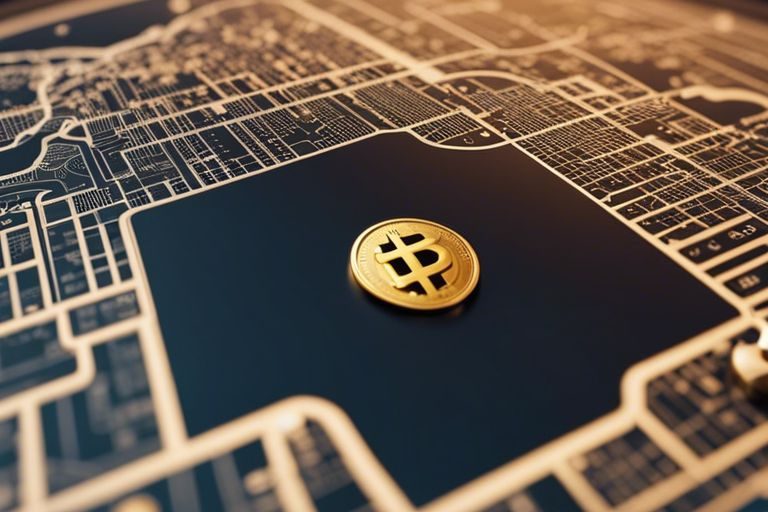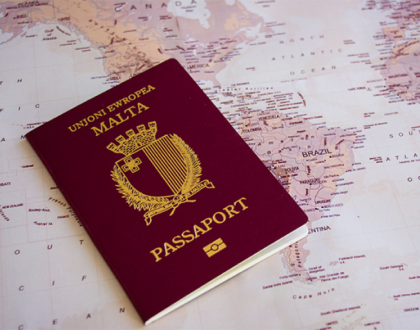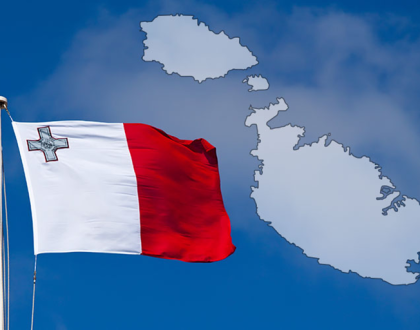Legal Framework for Cryptocurrency in Malta

It's crucial to understand the legal #regulations surrounding #cryptocurrency in #Malta. This analysis examines into the comprehensive framework established by the Maltese government to facilitate the use and regulation of digital currencies within the country. By examining the #laws, regulations, and guidelines in place, individuals and #businesses operating in the cryptocurrency space can gain a thorough understanding of their rights and responsibilities within Malta's evolving crypto landscape.
Overview of Malta's Position in the Cryptocurrency World
Malta as a Blockchain Haven
While other jurisdictions grapple with the regulation of cryptocurrencies and blockchain technology, Malta has positioned itself as a haven for companies in this industry. The Maltese government has adopted a progressive approach towards blockchain technology, creating a conducive environment for businesses to thrive.
Economic Impact of Cryptocurrencies in Malta
With the influx of cryptocurrency-related businesses and investments, Malta has experienced a significant boost to its economy. This emerging sector has led to job creation, increased foreign investment, and a diversification of the country's financial services industry.
Overview: Malta's proactive stance on regulating cryptocurrencies and blockchain technology has solidified its position as a global hub for these emerging industries. The favorable regulatory environment coupled with the economic benefits derived from these technologies has catapulted Malta to the forefront of the cryptocurrency world.
Legislative Milestones and Regulatory Acts
The Virtual Financial Assets Act (VFAA)
Virtual Financial Assets Act (VFAA) was enacted in 2018 to regulate the issuance and trading of virtual financial assets, including cryptocurrencies. The VFAA establishes rules for initial coin offerings (ICOs), cryptocurrency exchanges, wallet providers, and other crypto-related service providers.
The Malta Digital Innovation Authority Act (MDIA)
Digital Innovation Authority Act (MDIA) was introduced in 2018 to regulate innovative technologies, including blockchain and artificial intelligence. The MDIA is responsible for certifying technology service providers and overseeing the implementation of technology arrangements and digital ledger technologies.
Other Relevant Legal Measures
For comprehensive regulation of the cryptocurrency sector, Malta has also implemented the Innovative Technology Arrangements and Services Act and the Virtual Financial Assets Regulations. These legal measures aim to provide a conducive environment for the growth of blockchain and cryptocurrency-related businesses.
Compliance and Enforcement
Licensing Requirements for Crypto Businesses
All cryptocurrency businesses operating in Malta are required to obtain a license from the Malta Financial Services Authority (MFSA). This includes entities dealing in cryptocurrency exchange, wallet services, and initial coin offerings (ICOs). Failure to comply with this licensing requirement can result in hefty fines and even closure of the business.
Anti-Money Laundering (AML) and Counter-Financing of Terrorism (CFT) Measures
One of the key areas of focus in the Maltese legal framework for cryptocurrencies is the implementation of robust Anti-Money Laundering (AML) and Counter-Financing of Terrorism (CFT) measures. This includes conducting customer due diligence, monitoring transactions, and reporting suspicious activities to the relevant authorities.
Requirements: The MFSA requires cryptocurrency businesses to adhere to the EU's AML and CFT directives, ensuring that they have proper systems in place to prevent money laundering and terrorist financing activities within the cryptocurrency sector.
Challenges and Future Prospects
Ensuring Global Compliance and Competitiveness
For ensuring global compliance and competitiveness in the cryptocurrency sector, Malta must continue to collaborate with international regulatory bodies and adhere to evolving standards. This will not only enhance credibility but also attract foreign investment and industry talent.
Anticipated Developments in Regulatory Frameworks
Global anticipation surrounds the evolution of regulatory frameworks in the cryptocurrency realm. As countries like Malta set the benchmark, others are expected to follow suit, creating a more harmonized and secure environment for the industry.
Another key aspect to watch for in anticipated developments is the integration of innovative technologies like blockchain to streamline regulatory processes. This could potentially enhance transparency, reduce compliance burdens, and foster a more efficient ecosystem for cryptocurrency businesses.
Final Words
Hence, the legal framework for cryptocurrency in Malta offers a comprehensive system that fosters innovation while ensuring regulatory oversight and consumer protection. The country's proactive approach towards digital assets has positioned it as a leading jurisdiction for blockchain technology and virtual currencies. By creating a clear and supportive environment for businesses in this sector, Malta has set a benchmark for others to follow in the evolving landscape of cryptocurrencies.
FAQs
What is the Virtual Financial Assets Act (VFAA) in Malta?
The VFAA is a regulatory framework introduced in 2018 that governs the issuance and trading of virtual financial assets, including cryptocurrencies. It sets rules for ICOs, exchanges, and wallet providers.
How does the Malta Digital Innovation Authority Act (MDIA) contribute to cryptocurrency regulation?
The MDIA, enacted in 2018, regulates blockchain and other innovative technologies. It certifies technology service providers and oversees the implementation of digital ledger technologies.
What licensing requirements must cryptocurrency businesses meet in Malta?
Cryptocurrency businesses must obtain a license from the Malta Financial Services Authority (MFSA). This applies to exchanges, wallet services, and ICO operators. Non-compliance can result in fines or business closure.
What anti-money laundering (AML) and counter-financing of terrorism (CFT) measures are in place for cryptocurrencies in Malta?
Malta enforces robust AML and CFT measures, including customer due diligence, transaction monitoring, and reporting suspicious activities to authorities. These measures align with EU directives.
How does Malta’s regulatory framework affect the global cryptocurrency industry?
Malta's proactive and comprehensive regulatory framework helps set a benchmark for other countries. It fosters innovation, attracts investment, and ensures a secure environment for cryptocurrency businesses.
Michael
With over 20 years experience in web design, SEO and website promotion I always give you an expert advice in regard to any issues related to your Site Design, SEO, Internet Marketing, Promotion, Backlinks, Site Content. In order to help you find out what is missing or can be improved and get higher rankings in Google and more traffic.
Recommended Posts

Sportingtech Boosts Security with Continent 8
October 4, 2024

Legal Win for Malta’s Citizenship Program
October 4, 2024

Why iGaming Brands Choose Malta
October 4, 2024



